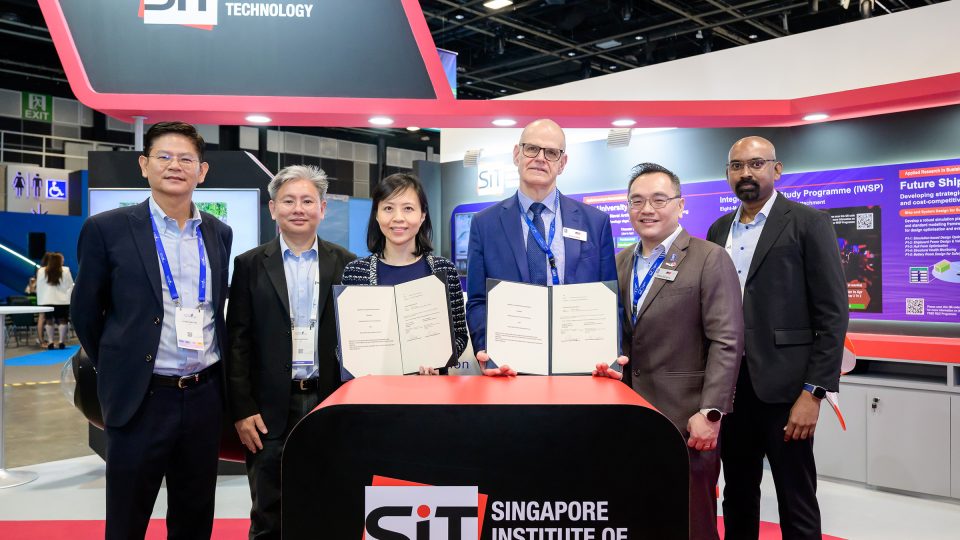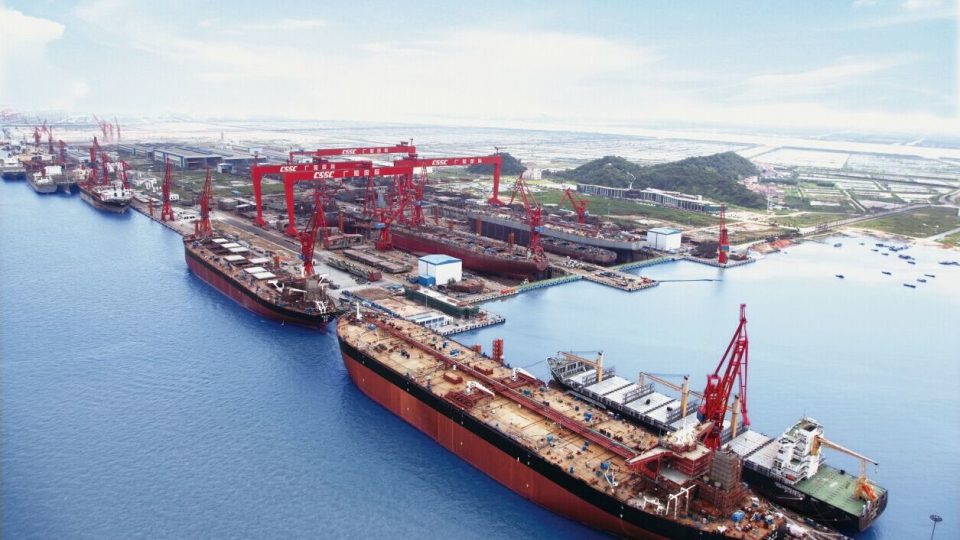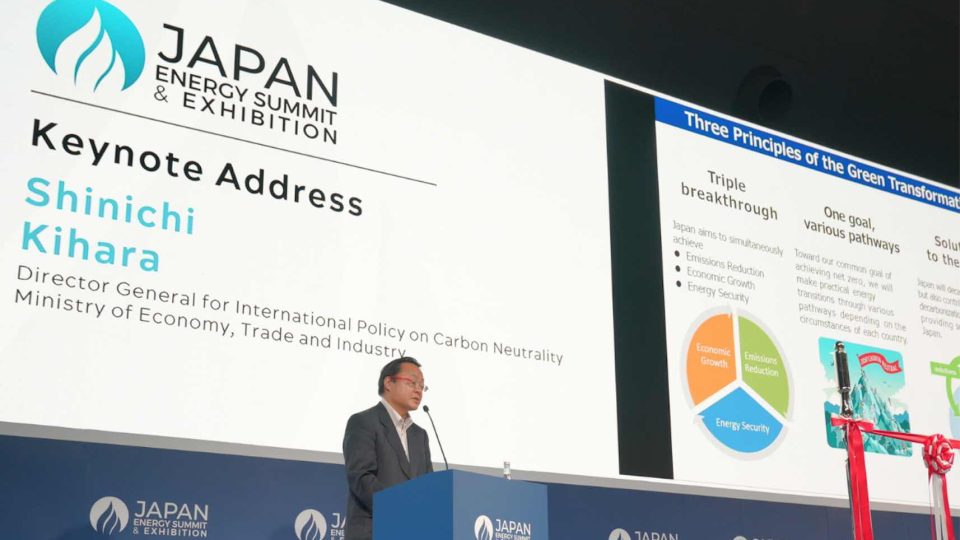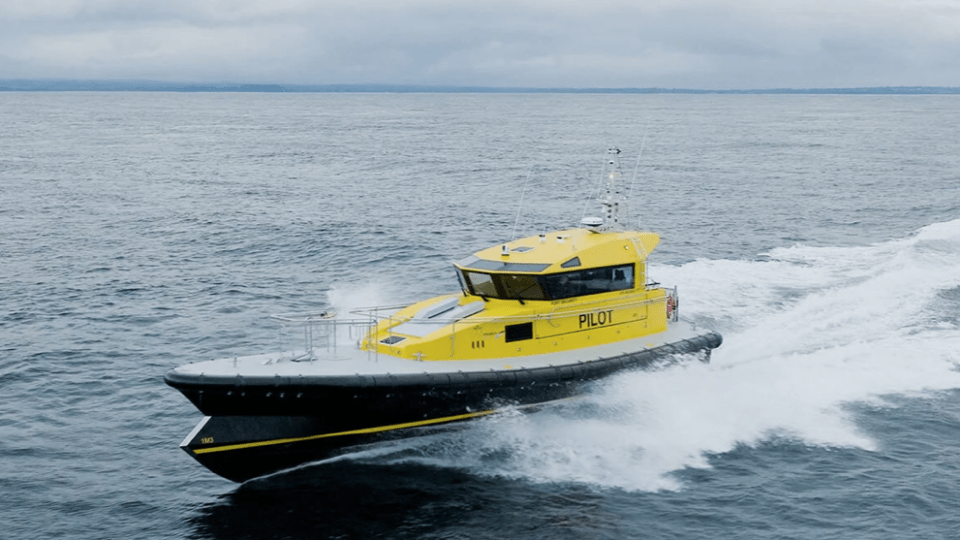Alfa Laval to supply first systems for ammonia-fuelled vessels by end of 2025
Following a recent Memorandum of Understanding (MoU), Alfa Laval, WinGD, the American Bureau of Shipping (ABS), and K Shipbuilding (KSB) are collaborating to drive the necessary technological advancements in an ammonia-fuelled MR tanker design.
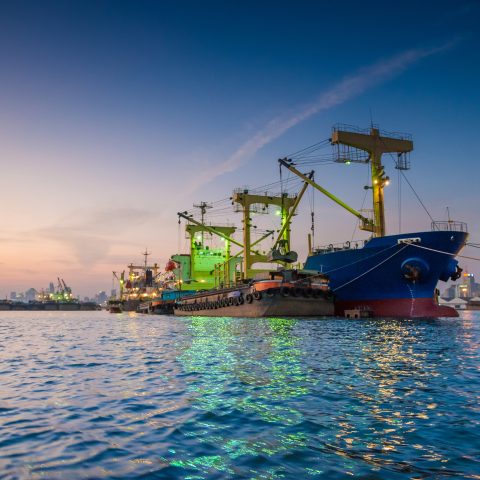
As a front-runner in enabling the use of ammonia, Alfa Laval announces it will be ready to supply its first fuel systems for ammonia-fuelled vessels by the end of 2025. The marine sector, which accounts for nearly three percent of global carbon emissions, has seen the emergence of a new fuel landscape, with ammonia destined to become one of the future low-carbon fuels of choice.
Leveraging its extensive expertise with fuels such as LNG, LPG, and methanol, Alfa Laval is accelerating the development of new technologies for ammonia to ensure its safe and efficient use as a future fuel, through partnerships and joint development projects.
In partnership with Swiss engine designer WinGD, Alfa Laval has delivered two test systems for WinGD’s ammonia-fuelled engines, including a fuel valve train and a vent treatment system. The Alfa Laval FCM Ammonia fuel supply system design will be validated by the end of 2024, with the first marine delivery expected by the end of 2025.
“The Alfa Laval FCM Ammonia is another addition to our toolbox of solutions that accelerate the decarbonization of shipping. This delivery to WinGD highlights our technology readiness to handle ammonia as a fuel, demonstrating our commitment to supporting the maritime industry’s transition to sustainable energy sources,” says Sameer Kalra, President, Marine Division, Alfa Laval.
Alfa Laval exploring the potential of ammonia
Following a recent Memorandum of Understanding (MoU), Alfa Laval, WinGD, the American Bureau of Shipping (ABS), and K Shipbuilding (KSB) are collaborating to drive the necessary technological advancements in an ammonia-fuelled MR tanker design. Recently, the scope expanded to include the design of an ammonia dual-fuel boiler system. This boiler system will efficiently handle purge/boil-off gas and meet the vessel’s heat demands, thereby minimizing the vessel’s energy consumption, whilst ensuring safe operations.
As a zero-carbon fuel, ammonia is anticipated to become an important component in the marine industry’s efforts to reduce its carbon emissions, holding significant promise to meet the International Maritime Organization’s (IMO) 2050 strategy.
Read also: Alfa Laval presents 2023 annual and sustainability reports




